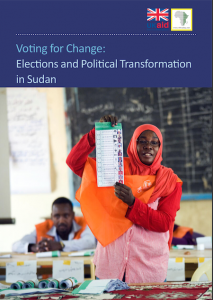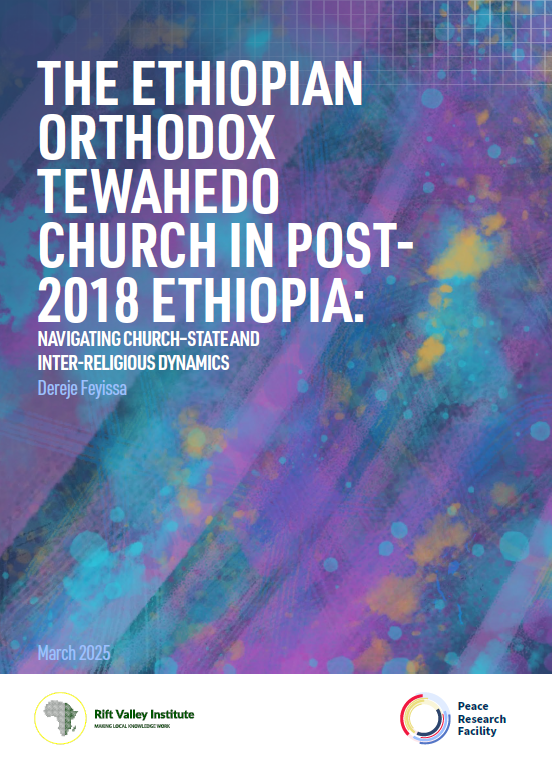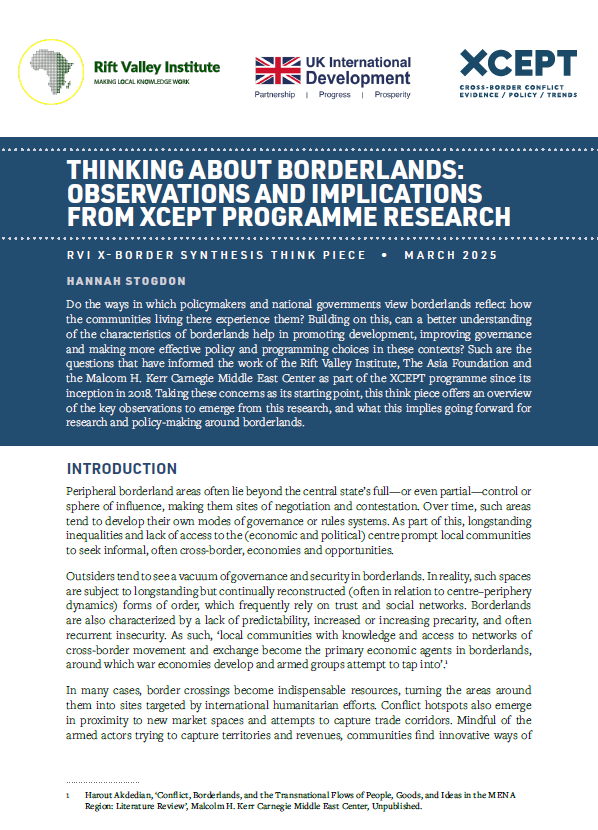Sudan’s political transition, which began following the ousting of Omar al-Bashir in 2019, is designed to lead up to—and be advanced by—national elections. Those polls will be crucial to the success and credibility of political transition, but they carry significant risks.
Sudan’s political history provides plentiful evidence of the different possibilities of elections by adult suffrage and secret ballot. While they can be a way to create accountability and nurture popular participation, they may also be used as tools of authoritarian rule.
To assist those working to ensure that the upcoming elections contribute towards the former, Voting for Change: Elections and political transformation in Sudan identifies a series of key areas in which decisions need to be taken around the design of the electoral process. It lays out different options and discusses the implications of the possible alternatives.
While there is no one model of a perfect election, and in each of the areas considered, any decision will carry both advantages and disadvantages. Ultimately, the choices to be made about the electoral process should reflect the priorities and decisions of the Sudanese public and policymakers, and the concerns of civil society and international partners.



